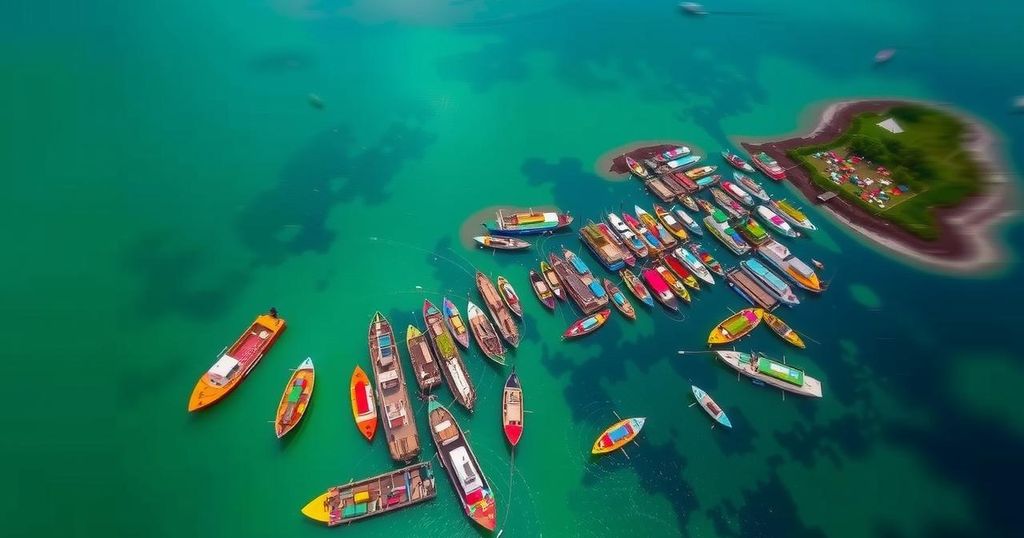PANDEF Declares Niger Delta as Only Region Facing True Marginalization in Nigeria
The Pan-Niger Delta Forum rejects claims by the Arewa Consultative Forum regarding northern impoverishment, asserting that only the Niger Delta deserves recognition for marginalization due to the lack of development despite significant oil wealth. Chief Christopher Ominimini highlights ongoing pollution issues, environmental damage, and inequitable resource control. PANDEF calls for justice, legal frameworks for miners, and a comprehensive approach to address the plight of the Niger Delta people.
The Pan-Niger Delta Forum (PANDEF) has firmly rejected claims by the Arewa Consultative Forum (ACF) that the northern region of Nigeria is the only area facing economic difficulties. Chief Christopher Ominimini, the National Spokesman for PANDEF, emphasized that the Niger Delta is the singular region deserving recognition for its marginalization and impoverishment due to its wealth in oil resources, which ironically have not translated into local development or environmental preservation. Ominimini articulated that, despite the Niger Delta’s contributions to the national economy through oil extraction, the local populace continues to suffer from pollution and lack of infrastructural benefits, deeming this scenario fundamentally unjust.
He pointed out that while other regions retain revenues from their natural resources, the Niger Delta’s oil wealth is predominantly controlled by the central government. “Our resources feed the nation, while resources from other geopolitical zones, including the North, are kept for their own use and personal gain,” Ominimini stated.
Moreover, he criticized the government’s neglect of the region’s plight while raising questions about the uneven distribution of resource control across the country, calling attention to the fact that major stakeholders in Niger Delta oil blocks often originate from other states. This issue exacerbates feelings of disenfranchisement in the region, where locals do not benefit from their environmental degradation caused by oil activities. Chief Ominimini lamented, “The Nigerian state is wicked to the Niger Delta Region,” highlighting the juxtaposition of exploitation without compensation.
The forum also urged the Federal Government to consider providing legal frameworks for artisanal miners to encourage local economic development and discourage corruption, calling for accountability from both the government and oil companies regarding their responsibilities towards the Niger Delta.
In conclusion, PANDEF reasserted that the primary victims of marginalization in Nigeria are the people of the Niger Delta, insisting on urgent address of their grievances. Chief Ominimini warns, “If things do not change, God will come to our rescue,” encapsulating a deep-seated demand for equity and justice for the region.
The conversation about regional marginalization in Nigeria often centers around the economic disparities endured by various ethnic and geographical groups. The Niger Delta, rich in oil resources, has historically suffered from environmental degradation and neglect despite being the source of wealth for the nation. In contrast, other regions manage their natural resources more effectively, resulting in a perception of injustice for the Niger Delta inhabitants. This backdrop frames the ongoing dialogue about equity, regional development, and the call for the government to institute fair policies that acknowledge and address these disparities.
The PANDEF advocates for greater justice and equity, particularly for the Niger Delta, which they assert has been persistently marginalized despite its vital contributions to the Nigerian economy. Chief Ominimini’s statements not only highlight the environmental and social issues faced by this region but also call for systemic change and a reevaluation of resource distribution policies that currently disadvantage the people of the Niger Delta. The repetition of calls for others to reflect on their positions of authority indicates a plea for personal accountability in addressing these systemic injustices.
Original Source: punchng.com




Post Comment